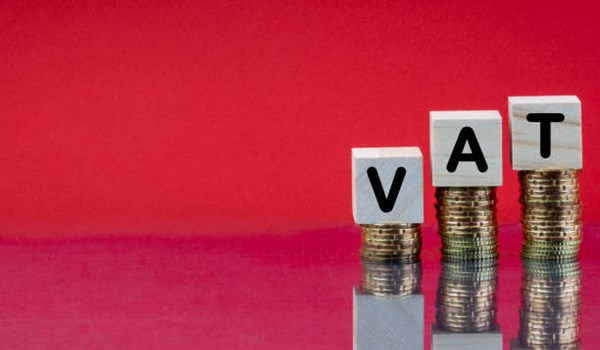On an early Thursday chilly morning in Baku, Azerbaijan, a day before the end of COP29, the annual UN-backed global climate summit, negotiators presented a revised draft of the new global climate finance plan, a key requirement to keep global warming below 2 degrees centigrade from pre-industrial levels.
The document, which began as a 2-pager in the UN Climate Change secretariat several months ago and turned into a 25-page list of demands at COP29, was pruned to 10 pages.
The latest version of the ‘New Collective Quantified Goal on Climate Finance’ (NCQG) is confusing. It presents two options, with both choices drafted vaguely and without providing specifics on the quantum of climate aid, according to the document released by the UNFCCC on Thursday.
It offers no solutions to bridge what is at least a $1.2 trillion gap in expectations between the Global North and the developing and poor nations for climate finance based on public funds.
Option 2 is worse. Deferring to the wishes of the EU and the US, it eliminates climate finance provisions in the form of grants and includes all sources, such as primarily debt and domestic funds: “Decides to establish a goal of scaling up global finance in climate action to USD[X] trillion per year, by 2035, from all sources of finance, including domestic resources.’’
A former Indian negotiator said that it seems that rich nations plan to push the climate finance provision to the next COP in Benem, Brazil in late 2025, which would hurt plans to keep the planet from warming. A recent UN report said that existing NDCs are insufficient and will heat the planet by 2.8 degrees centigrade from pre-industrial levels.
The NCQG aims at contributing to holding the increase in the global average temperature to well below 2°C above pre-industrial levels and pursuing efforts to limit the temperature increase to 1.5 °C above pre-industrial levels. An underprepared or delayed NCQG may crimp plans by countries like India to prepare ambitious NDCs, a delegate at COP29 said.
“This text looks like a bluff from the presidency – they should know more about landing zones than what they put on the table. What’s also clear is that most countries in the Global North haven’t put their cards on the table and are keeping them close to their chest. This will have to change so the presidency and ministerial pairs can work on compromises,” said Linda Kalcher, a climate expert from Strategic Perspectives.
However, the draft does acknowledge the needs of the Global South to combat climate change. It highlights that the cost needs in NDCs of developing country parties are estimated at $5–6.9 trillion annually until 2030. It also emphasises that around $4 trillion per year needs to be invested in renewable energy up until 2030 to be able to reach net zero emissions by 2050.
Also, a global transformation to a low-carbon economy is expected to require investment of at least $4–6 trillion per year.
Global climate finance flows in 2021-2022 increased by 63 per cent compared with 2019-2020, reaching an annual average of $1.3 trillion, higher than global fossil fuel investments at $958 billion per year in 2021-2022. Global fossil fuel subsidies averaged $1.1 trillion per year in 2021-2022.
Previous Deal
A mention to the previous global climate finance deal reached in 2009 at $100 billion a year to address the needs of developing countries by 2020 and through to 2025 is made in two options.
Option 1 says that the $100 billion target was met and exceeded in 2022, reaching $115.9 billion, as claimed by the European Union: Oxfam, an NGO, puts the aid closer to $26 billion.
Option 2 says that “with deep regret that the goal of developed country parties to mobilise jointly $100 billion per year by 2020 in the context of mitigation actions and transparency on implementation has not been met, and decides that developed country parties shall mobilise the arrears of the $100 billion per year goal by no later than December 31, 2026 and report on progress in doing so with third-party verification and assurance separately from their delivery of the NCQG.



